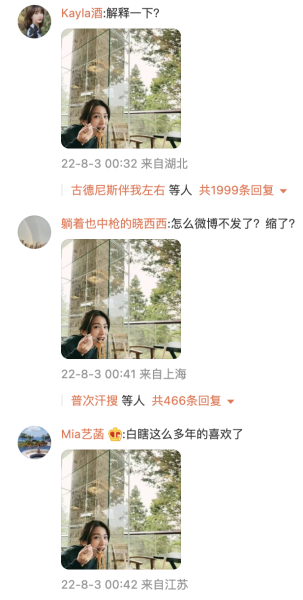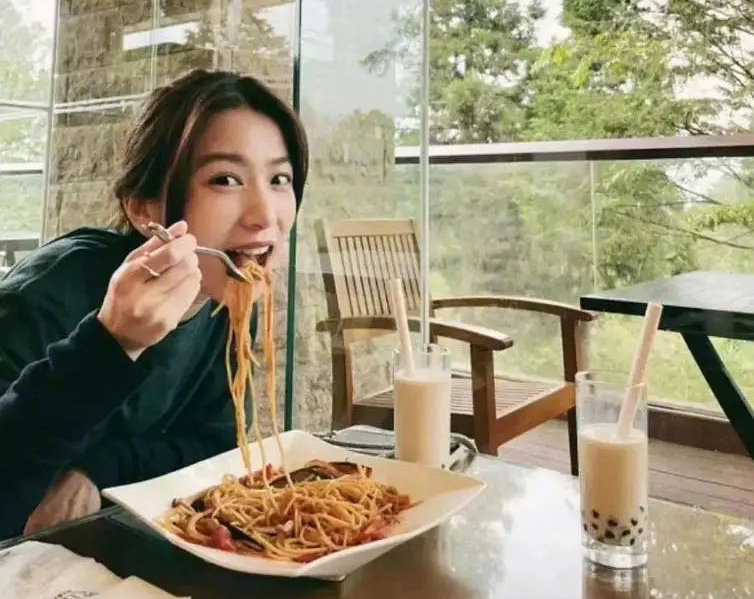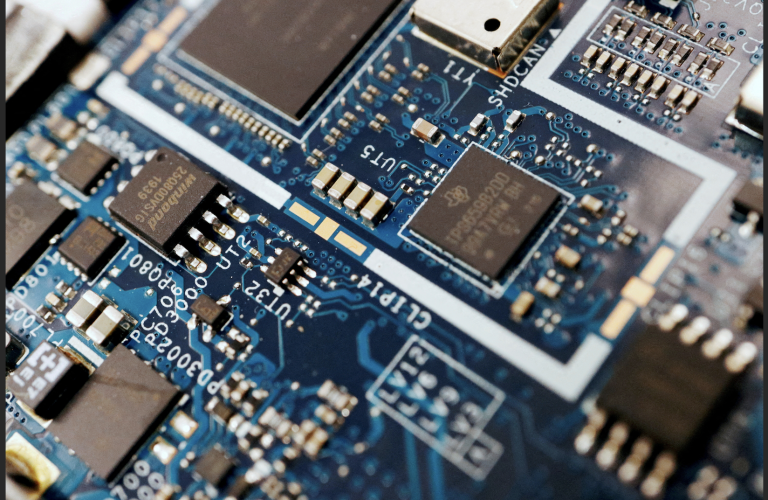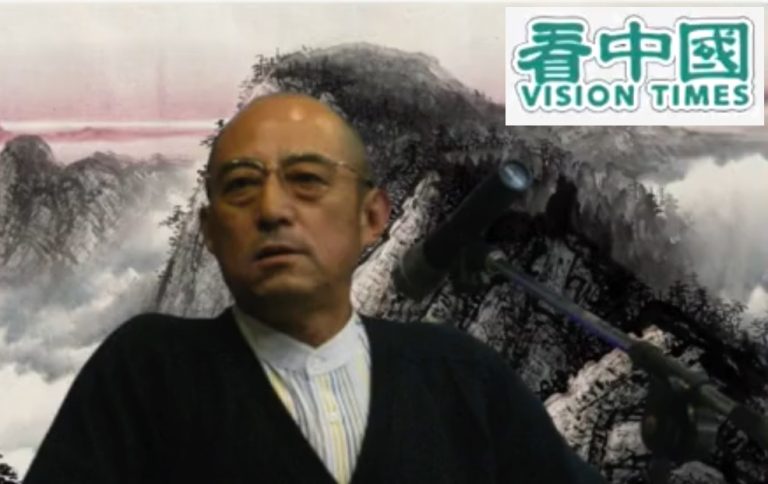As an ancient Chinese proverb goes, “the grass and trees all look like enemy troops” (草木皆兵). That’s apparently the feeling in mainland China as U.S. Speaker of the House Nancy Pelosi travelled to Taiwan and met with the island’s president Tsai Ing-wen.
While the Chinese Communist Party (CCP) seized power over mainland China in 1949, it was not able to take over Taiwan, which continues to be governed as the Republic of China (ROC). Beijing thus claims Taiwan as part of its “integral territory,” while Taiwanese generally reject the CCP’s claim.
Pelosi’s Aug. 2 visit angered the mainland Chinese authorities, who saw the trip by the third-ranked American official as a dangerous step closer to formal independence for Taiwan. The ROC enjoys good relations with many countries, but is not officially recognized by the U.N. or most governments, given the vast practical and diplomatic pressures from Beijing.
READ MORE:
- Pelosi Arrives in Taiwan, Publishes Op-Ed Advocating Support for Island
- Chinese Reporter in Japan Attempts Suicide After Being Heaped With Online Abuse for Shedding Tears at Abe’s Death
- Activist Now Living in Japan Arrested by Chinese Authorities for Trying to Help Xuzhou Chained Mother
Amidst Beijing’s protests over Pelosi’s trip, a Taiwanese singer has gotten caught up in the politics of the matter for sharing a photo of herself eating spaghetti.
Reading too much into it
Hebe Tien, a member of the three-woman girl group S.H.E., on Aug. 2 posted a photo to Instagram of herself eating “Italian noodles,” (義大利麵) which is the Chinese term for “spaghetti.”
Success
You are now signed up for our newsletter
Success
Check your email to complete sign up
But because Nancy Pelosi is of Italian descent, many internet users in Communist China drew a link between the American congresswoman and Hebe’s culinary choice, and blasted her for “supporting Taiwan independence.”

Hebe’s “latest Weibo post has amassed over 60,000 comments — significantly higher than the 2,000 or so comments she usually gets per update — since it was posted 14 hours ago,” Lee Wei Lin of Singapore’s news site Mothership wrote. As of Aug. 3, the hashtag “Hebe Taiwan Independence” (#hebe台独) was trending to the tune of 2.33 million views on Weibo, a popular Chinese microblogging site.
As seen in a screenshot, several typical comments read:
“Explain yourself.”
“How come you arent posting anymore? You scared?”
“I was an idiot for liking you all these years.”

- Pro-Beijing Sing Tao Daily Ends Print in Canada
- Chinese Photographer Chen Man Comes Under Fire for ‘Hellish’ Dior Ad
While many Taiwanese celebrities are popular both in Taiwan and the mainland, they must toe a careful line to avoid stepping on politically sensitive topics.
But in the culture of ideological struggle fostered by the CCP, what can be viewed as “sensitive” often verges on the arbitrary, as Hebe Tien’s case indicates.
In 2019, Taiwanese actress and musician Ouyang Nana — widely known for her presence and fandom in mainland China — encountered heavy criticism from regime media when it came to light that she had once attended a Shen Yun classical Chinese dance show in 2010, when she was nine.
Shen Yun, a high-end production put on by overseas Chinese, is banned by the CCP for its association with the banned Falun Gong spiritual practice and because of the show’s depiction of communist tyranny.













